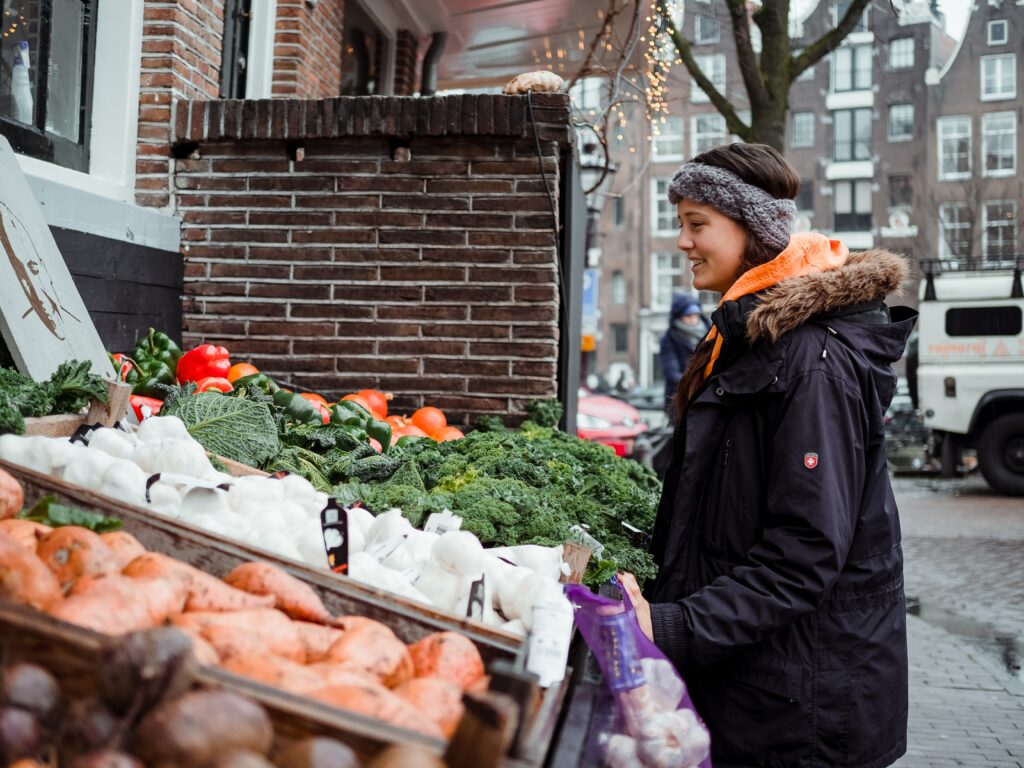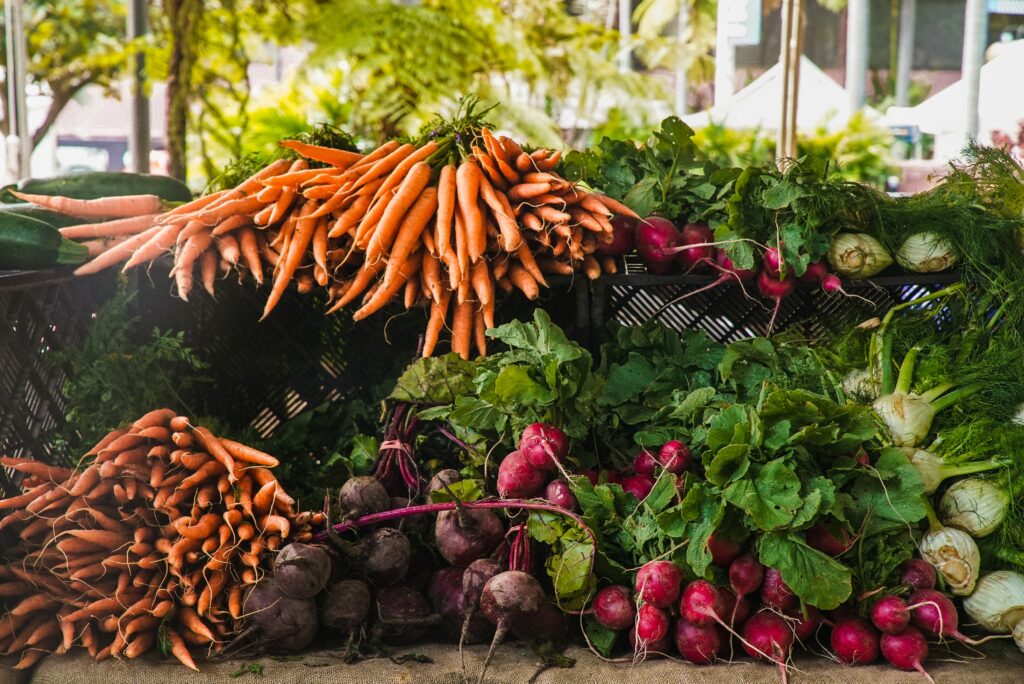
Why choose Organic?
A (very) Brief History
At the beginning of the 20th
Today we are waking up to the harmful side effects that years of using these harmful chemicals have caused to our land, our animals and our health.
The benefits of Organic Farming
Organic farming restores, maintains and enhances ecological harmony, it increases the health of the environment and ensures the health of crops and ultimately the health of all living things.
- It doesn’t leech harmful chemicals into our water and ecosystems
- safer for wildlife
- Supports smaller farms
- Good for the environment, local = fewer food miles
- Organic crops are up to 60% higher in several key antioxidants
- Food grown organically contain lower concentrations of pesticides and toxic heavy metal and cadmium
Top 10 Organic Choices
- Cucumbers
- Tomatoes
- Peppers
- Spinach
- Cherries
- Grapes
- Celery
- Peaches/Nectarines
- Apples
- Strawberries
What about meat and dairy?
Is Organic meat and dairy worth the additional cost?
Studies have found that organic meats aren’t any less likely to be contaminated with dangerous bacteria such as E coli BUT if you were to pick up a virus such as this from handling or ingesting under cooked organic meat and eggs, the antibiotics that you would be prescribed would be more likely to take care of it! Over use of antibiotics in farming has contributed to the spread of superbugs in humans.
Eating meat and drinking milk raised without hormones (growth and sex) might be worthwhile for our growing children. Unfortunately only time and research will give us the answer to this question but we can draw our own conclusions from the information we can gather, we are ultimately the decision-makers for most of the food our children consume.
A study published in the British Journal of Nutrition shows organic milk and meat contain around 50% more beneficial omega 3 fatty acids than non-organic. This applies to organic dairy such as butter, cream, yoghurt etc, this could be because of their more natural grass-based diet.
Non-Organic
Over 320 pesticides can be routinely used in non-organic farming and these are often present in non-organic foods which can leave a residue which can have health risks associated with it.
Going through the process to gain Organic Certification is a long and lengthy process for farmers. Buying at a local farm or farmer market is an ideal opportunity to speak directly to the farmer and ask about their methods and use of antibiotics and hormones along with what the animals are fed.
My thoughts
Organic food is more expensive. I don’t buy everything organic, I make a decision based on what I can afford financially and health wise.
Once my children were ready to transition to dairy milk, I decided to buy only organic milk and mostly I have this delivered in glass bottles. I try and buy organic from the Top 10 list as we tend to consume the skins of these products.
I always buy free-range chicken and eggs and I buy most of my meat products at my local farm shop Brookfield Farm Butchery.
As always, you don’t need to make huge changes to your lifestyle but making small positive changes will impact your health and the health of the environment. So check out what is available in your local area and start asking some questions.

For more information on Organic living visit the Soil Association.
If you would like to chat with me about your unique menopause transition, book a Wild Well-Being call and come away inspired and motivated to begin your journey to optimal health.
